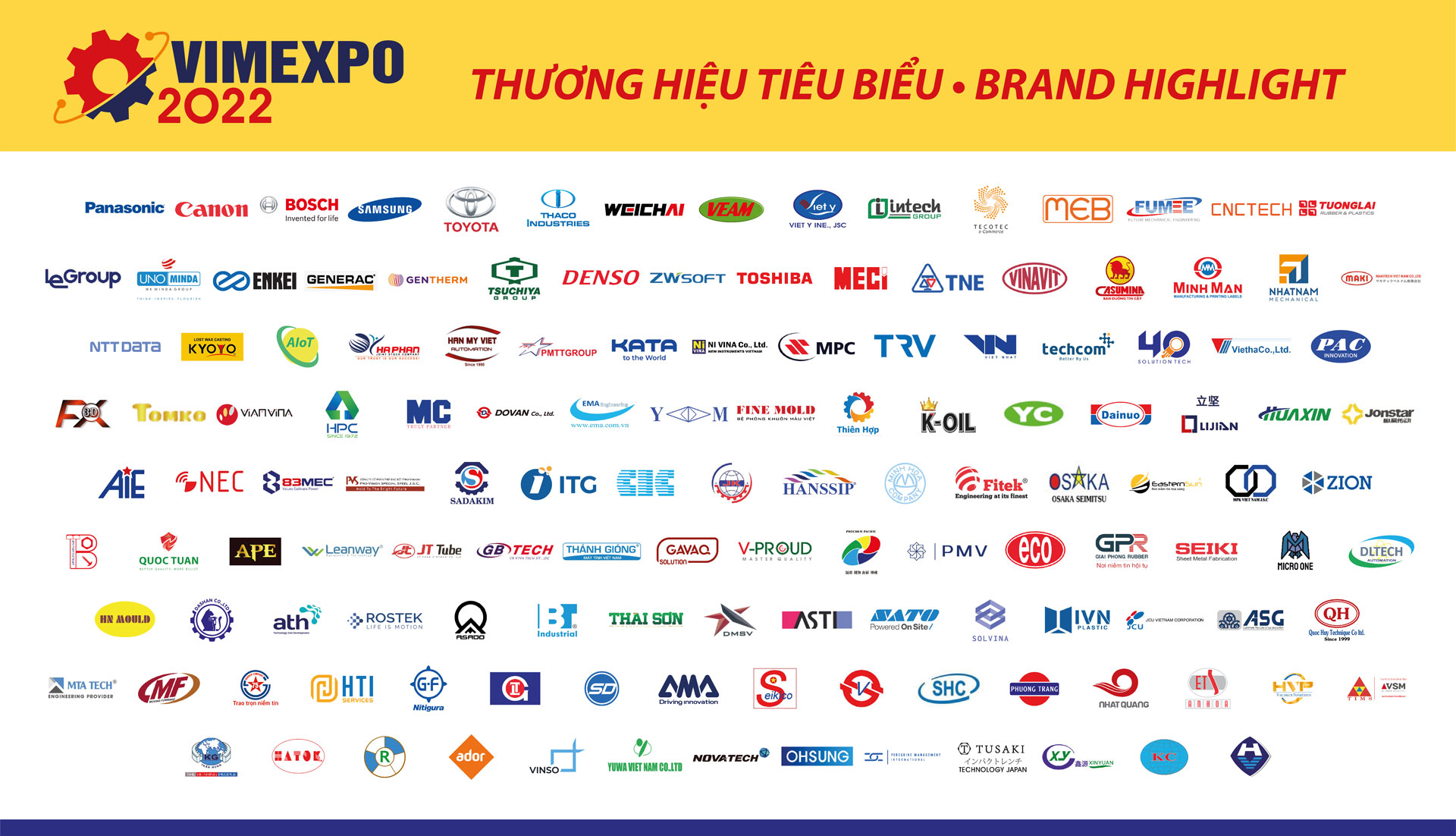In the context of the roadmap for reducing import taxes when Vietnam participates in commitments in Free Trade Agreements, the competitive pressure on the Vietnamese automobile industry is also increasingly fierce. Therefore, in addition to tax and fee support, many breakthrough solutions and policies are needed to create a boost for the automobile industry.
Competitive challenges
Seminar: “Vietnam’s automobile industry implementing Free Trade Agreements: In which direction will it develop?”, organized by Customs Magazine on May 24.
Assessing the general situation of the current Vietnamese automobile industry, Dr. Le Huy Khoi, Deputy Director of the Institute for Strategy and Policy Research in Industry and Trade (Ministry of Industry and Trade) said that in recent times, the Vietnamese automobile industry has had certain developments, especially after the Covid-19 pandemic. 2022 recorded record business results, however, in 2023 and moving into 2024, the automobile market is facing difficulties with a very rapid decline.
Commenting on the opportunities in the coming time when implementing Free Trade Agreements (FTAs), Mr. Le Huy Khoi said that the implementation of FTAs will bring many opportunities for the Vietnamese automobile industry but also pose many challenges.
With the tax reduction roadmap, businesses will be able to access and import products easily and at lower costs, contributing to cutting production costs and increasing product competitiveness. However, this creates competitive pressure on imported cars from abroad in the domestic market.
Sharing about the development of the automobile industry in recent times, Mr. Duong Ba Hai, Deputy Head of the Export Tax and Import Tax Department – Department of Tax, Fee and Charge Policy Management and Supervision (Ministry of Finance) said that Vietnam is an open economy, has joined 17 bilateral and multilateral agreements, including new generation FTAs such as CPTPP, EVFTA, … are important agreements, helping businesses open markets, diversify markets, including businesses in the automobile industry. In order to promote domestic automobile manufacturing and assembly enterprises and protect the domestic automobile industry in the context of tariff barriers on imported automobiles being gradually reduced according to Vietnam’s international commitments in FTAs, the Ministry of Finance submitted to the Government for promulgation Decree No. 125/2017/ND-CP dated November 16, 2017, promulgating the Program of preferential import tax on automobile components for automobile manufacturing and assembly applicable for 5 years (from 2018 to the end of 2022). This program removes difficulties for enterprises, ensuring adherence to the Strategy for developing the automobile industry.
Up to now, many large-scale automobile manufacturing enterprises with sufficient production capacity have participated in the Tax Incentive Program and the Vietnamese automobile industry has developed quite rapidly in recent years. Domestic manufacturing and assembly enterprises have initially affirmed their role and position in the domestic automobile market and have had faster and more sustainable development.




